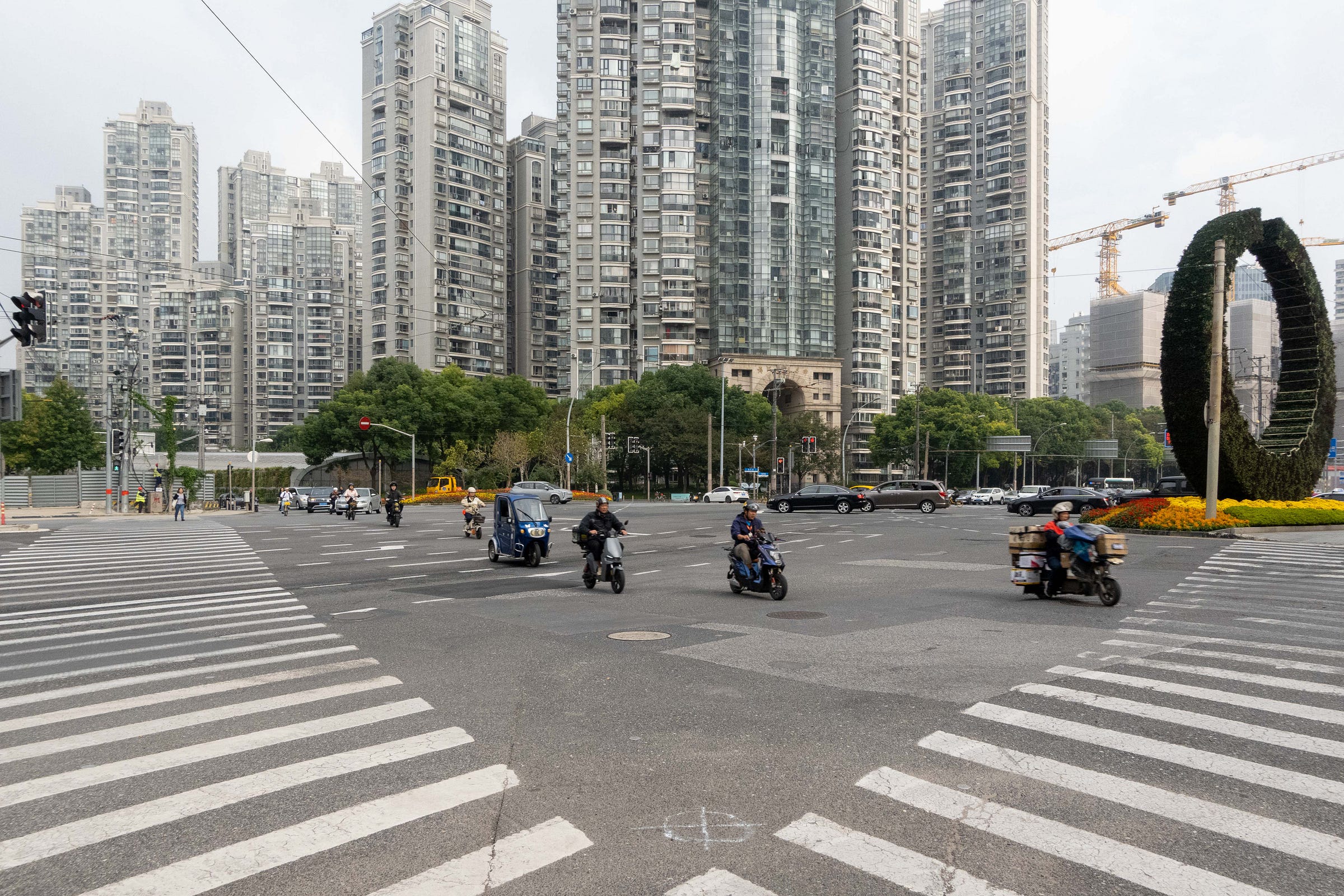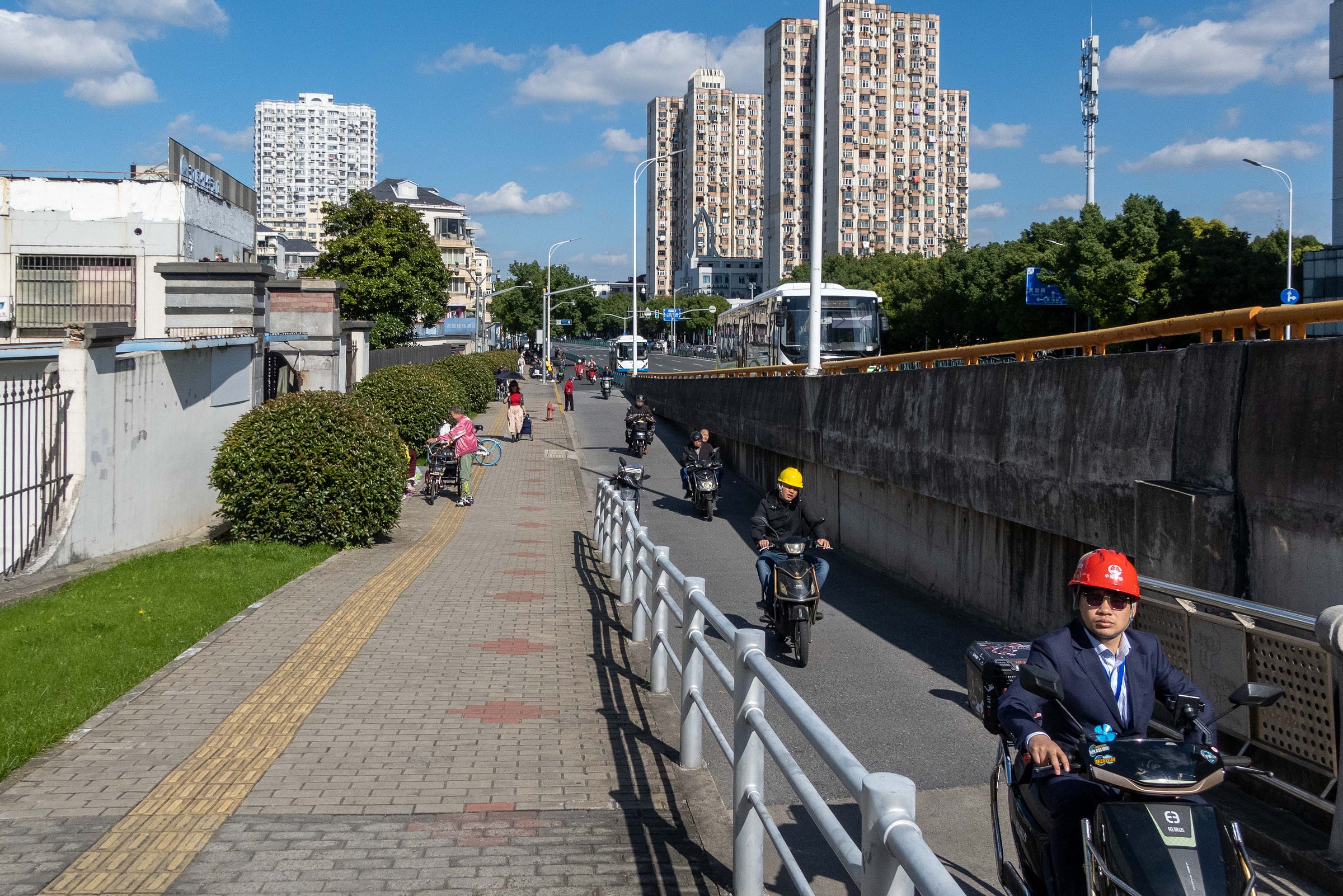I don’t like to write an essay about a city without spending at least a week walking it, but with Shanghai I don’t have that option since I was traveling on China’s new 144 hour visa free transit policy, having failed twice before to get an extended visa.1 To make matters worse, I missed my flight from Phnom Penh because I’d gotten it into my mind that it was a day later, a mistake I discovered while sitting in a cafe twenty miles from the airport and ten minutes before it departed.
So, after booking a new flight, my five-night trip became a four-night trip, which with flight schedules meant only three full days to walk Shanghai, one of which was as the US election returns were filtering in, which occupied more of my time than I want to admit.
All of that is a long way of saying what follows is more impressionistic and speculative than what I usually like to write, although what I saw fascinated me enough that I hope to buckle down, focus, and finally get a proper visa so I can return in the spring for several months, because given how large, unique, and deep China is, I’m not sure even two months is enough to get a proper handle on it.
So instead of one long cohesive essay, here is two shorter essays that I hope to supplement and correct in the future.
Travel logistics
Contrary to a lot of online buzz, traveling in China as a western tourist is surprisingly easy, as long as you spend a few hours preparing before leaving. That means downloading four essential apps — Alipay, WeChat, AutoNavi, and most importantly, a VPN like TunnelBear that allows you to access the web without being censored, and communicate with the outside world through texts and WhatsApp.
Alipay is clunky, but once you get the hang of it, you can pay for everything you possibly need with a quick scan of your phone, including metros, buses, cabs, food, hotels, and even, according to the flyers handed to you on the street, female companionship.
Having a VPN on your phone and computer, which means breaking the law by intentionally bypassing China’s Great Firewall, sounds scary at first, but from everything I saw and was told (including by many Chinese), it’s fully expected and tolerated, and almost every educated Chinese also does it. It works, and it means you can use your computer and phone as though you are in Japan, although my VPN sputtered out just enough times after certain sensitive searches that either I’m overly paranoid or TunnelBear is simply spotty and I was on the wrong end of a sequence of coincidences. Regardless, it’s not perfect, so expect periodic half-hour blocks of being stuck behind the firewall, which unless you have a deadline or an emergency, can mean forced relaxing periods of getting offline and out into the physical world.
First impressions of Shanghai after three twelve mile walks
If you are close to or over my age (59) China as a country of packed shopping malls selling luxury-brand goods and NBA-themed clothes, global chain restaurants, and kids obsessed with Japanese and US pop culture, is still a little hard to fathom.






